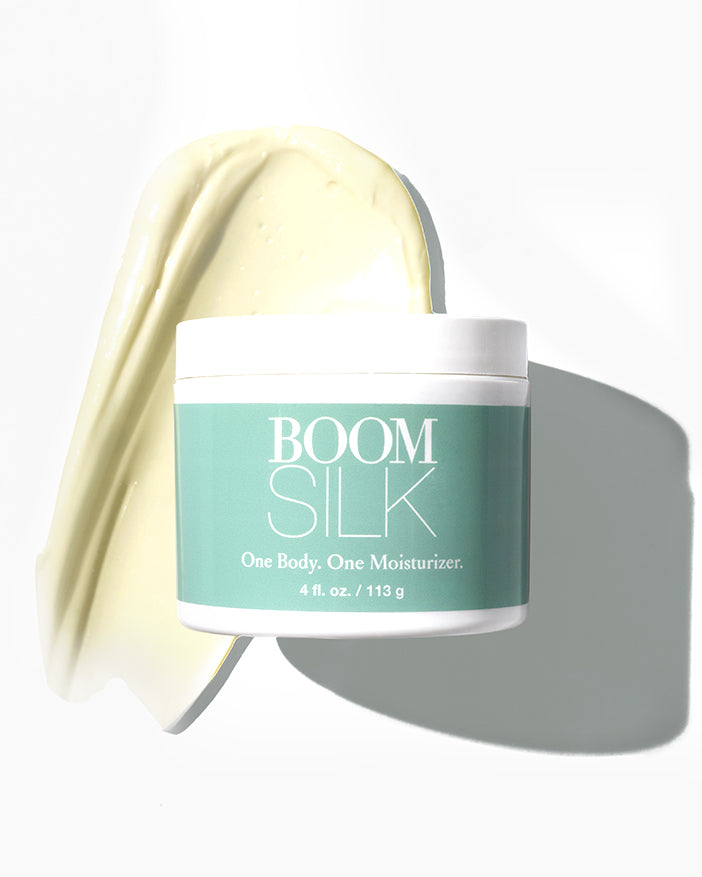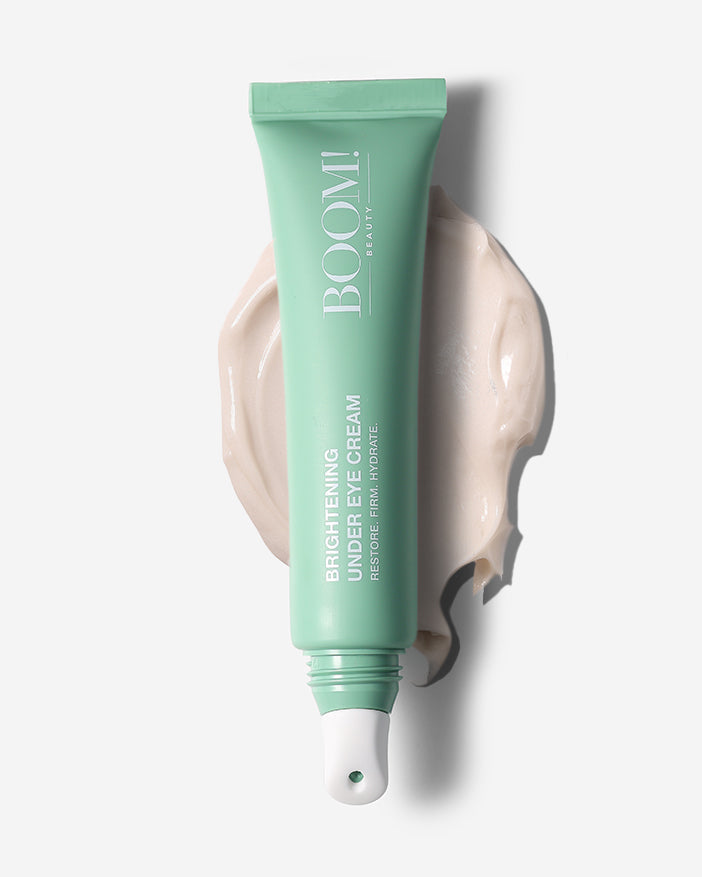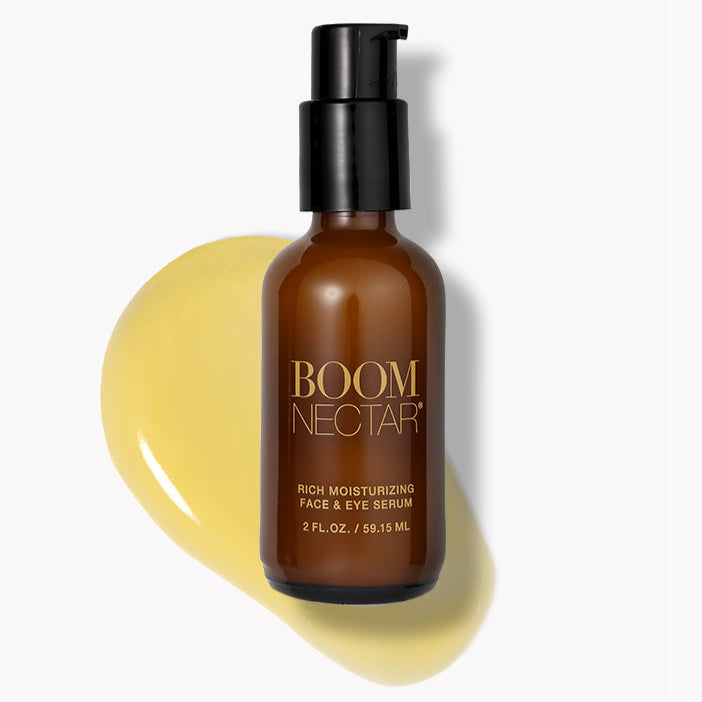How to Embrace Healthy Conflict
How to Embrace Healthy Conflict
By Elizabeth
The other afternoon, my neighbor and friend stopped by for a cup of tea.
We hadn’t caught up in a while and I wanted to check in with her about a conflict I knew she was having with her sister.
Their parents died several years ago and their childhood home was sold immediately.
But my friend and her sister disagreed about what to do with the furniture and other mementos.
So they decided to put everything in storage and handle it later, once the grief was less acute and they had more time to consider things.
They are now both newly retired and agreed it was time to face the music.
Over the last several weeks, they had been going through the process of dividing everything up and interviewing estate agents to organize a sale of the items they didn’t want to keep.
I asked her how it was all going. Had they worked things out? “Nope!” my friend said, chuckling a little. “She’s really mad at me, and I’m pretty mad at her, too.”
I felt my own anxiety rise. I told her how sorry I was to hear that.
“Oh, thanks, but it’s really fine,” she said, shrugging. “Sometimes people get mad. It’s a part of life. We will get through it.”
Of all the life lessons I think I’ve learned only to watch them come up again, this one has been the most recurrent.
I find it so challenging to let myself get angry and to accept that others will sometimes get angry with me.
I know objectively that anger can be a healthy emotion and that expressing it can be healthy. But I find that I still live in fear of truly feeling it, and I live in even deeper fear of being the object of someone else’s anger.
Psychologists tell us there is a good reason for our aversion to anger and conflict. The desire to be liked is a deeply wired survival instinct, especially for women.
Our role in our family units—and in society writ large—often involves mediating, moderating and working all sides to keep things on an even keel for the whole group.
Conflict can feel like a direct threat to the equilibrium of that group, and therefore can feel like a direct threat to our personal survival.
If your job is to keep things cool and instead things get hot, it’s natural to worry you might get kicked out of the tribe!
But if a certain amount of conflict is healthy, why should we avoid it?
When my friend started talking about her situation with her sister, I felt my own blood pressure rise.
I wanted to talk her into doing whatever it took to release the tension between them, even if it would involve betraying herself and going against her own true feelings about their parents’ estate.
The idea that “sometimes people get angry” and that’s not a big deal seemed utterly revolutionary. But it shouldn’t.
A strong family unit or friendship unit or social unit of any kind needs to be able to absorb and even make space for a healthy amount of conflict—without that conflict threatening the integrity of the whole.
Avoiding conflict has gotten me in more trouble than embracing it has.
It has had me say yes to things I don’t really want to do, kept me in relationships of many kinds even after I no longer wanted to be there, and kept me from saying yes to certain opportunities out of fear that raising the stakes in my life could lead to conflict down the line.
After this conversation with my friend, I felt inspired.
I wrote “sometimes people get mad” on a notecard, pasted it on my fridge, and now enjoy looking at it every day.
It reminds me that conflict is really nothing to fear. It has its natural place in life.
What is your relationship with conflict? Do you welcome it? Fear it? Something in between?
Elizabeth is a journalist who has been writing about health, beauty and wellness for over 20 years. She lives in Northern New Mexico with her two dogs and several hundred trees, shrubs, bushes and succulents.
CHECK OUT OUR MOST POPULAR CONTENT































